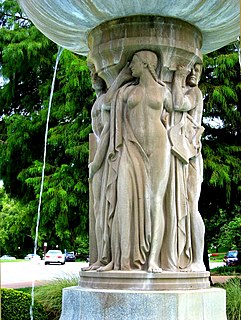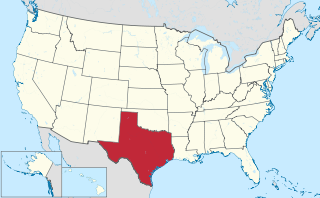 W
WGeorgia's musical history is diverse and substantial; the state's musicians include Southern rap groups such as Outkast and Goodie Mob, as well as a wide variety of rock, pop, blues, and country artists such as the late Ray Charles, Otis Redding, James Brown, and The Allman Brothers Band. The music of Athens, Georgia is especially well known for a kind of quirky college rock that has included such well-known bands as R.E.M., The B-52's, and Pylon.
 W
WThe Music of Kentucky is heavily centered on Appalachian folk music and its descendants, especially in eastern Kentucky. Bluegrass music is of particular regional importance; Bill Monroe, "the father of bluegrass music", was born in the Ohio County community of Rosine, and he named his band, the Blue Grass Boys, after the bluegrass state, i.e., Kentucky. Travis picking, the influential guitar style, is named after Merle Travis, born and raised in Muhlenberg County. Kentucky is home to the Country Music Highway, which extends from Portsmouth, Ohio, to the Virginia border in Pike County.
 W
WThe U.S. state of Missouri has a storied musical history. It has been the scene of major developments in several popular music genres as well as the birthplace of many notable musicians. St. Louis was an important venue for early blues and jazz, as well as country and bluegrass. Kansas City is home to famous performers such as Charlie Parker, Count Basie, Lester Young, and its own distinct jazz style. Ragtime got its influential hold in the city of Sedalia, Missouri, thanks to Scott Joplin and his publisher John Stark, and through another Missouri native, James Scott.
 W
WThe music of Oregon reflects the diverse array of styles present in the music of the United States, from Native American music to the contemporary genres of rock and roll, country, rhythm and blues, jazz, pop, electronic music, and hip hop. However, throughout most of its history, the state has been relatively isolated from the cultural forces shaping American music. Much of modern popular music traces its roots to the emergence in the late 19th century of African American blues and the growth of gospel music in the 1920s. African American musicians borrowed elements of European and Indigenous musics to create new American forms. As Oregon's population was more homogeneous and more white than the United States as a whole, the state did not play a significant role in this history.
 W
W W
WThe U.S. state of Texas has long been a center for musical innovation and is the birthplace of many notable musicians. Texans have pioneered developments in Tejano and Conjunto music, Rock 'n Roll, Western swing, jazz, punk rock, country, hip-hop, electronic music, gothic industrial music, religious music, mariachi, psychedelic rock, zydeco and the blues.
 W
WThe U.S. state of Washington has been home to many popular musicians and several major hotbeds of musical innovation throughout its history. The largest city in the state, Seattle, is best known for being the birthplace of grunge, a type of rock and roll, during the mid-1980s, as well as a major contributor to the evolution of punk rock, indie music, folk, and hip-hop. Nearby Tacoma and Olympia have also been centers of influence on popular music.